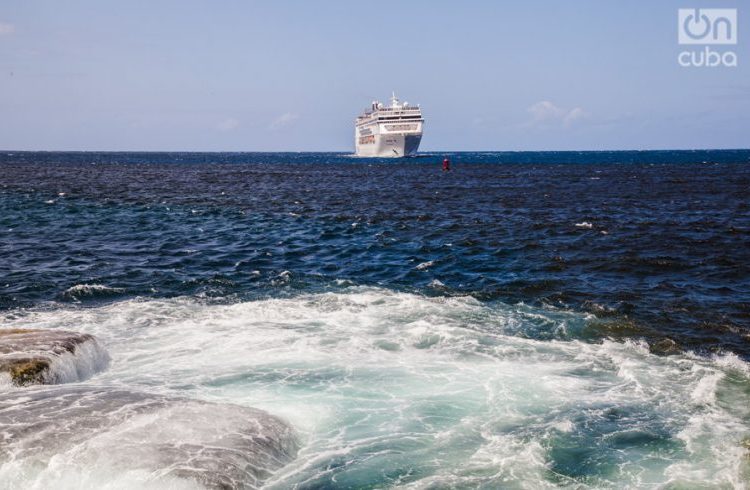U.S. companies still have the chance to do business in Cuba, despite the changes in recent months and the new regulations established under the government of Donald Trump, affirmed The Hill.
According to this political journalism site, there are three essential factors that keep alive that possibility, despite the prohibitions of the present administration.
- Cuba is a still little explored and alluring market for American companies that is strategically positioned in the Caribbean basin.
- The United States has a natural geographic and cultural competitive advantage over European and Asian competitors. It has clear competitive advantages that come with geographic and cultural proximity. Nowhere is this advantage more clear and proven than in agricultural trade, where shipping time and logistics can make an enormous difference.
- The Cuban counterparts may be able to concentrate their attention on the more focused group of committed U.S. companies that have the foresight and confidence, grounded in an understanding of both the regulatory landscape and business opportunities, to pursue opportunities in Cuba in the Trump era.
The regulations restrict the United States’ economic commitments with some entities, mainly in the tourism sector, but do not close all the doors to businesses in other sectors.
Among the 450 projects included in Cuba’s Portfolio of Opportunities for Foreign Investment published in November, several dozen tourism or Mariel zone projects may be prohibited by the new U.S. restrictions, but the majority of projects are in other areas, including opportunities with non-restricted entities for food production, biotechnology, construction, energy and waste management, and more, says The Hill.
Trump’s changes
The restrictions on travel to Cuba and the prohibition to do business with certain enterprises on the island announced in June by Trump took effect in November.
U.S. Secretary of the Treasury Steven Mnuchin said in a press release that they had strengthened their policies toward Cuba to distance the economic activity from the Cuban military forces and encourage the government to advance toward greater political and economic freedom for the Cuban people.
As the president had advanced in June in Miami, starting then Americans would be banned from making transactions with Cuban entities controlled by the military, intelligence and security services.
On the other hand, Americans’ individual trips to the island to make contact with the Cuban people that do not have an academic character will no longer be authorized, according to the Department of the Treasury.
In terms of the so-called “trips to support the Cuban people,” the U.S. government will demand that the interested persons participate in a full-time program of activities that involves a genuine interaction with individuals in Cuba.










